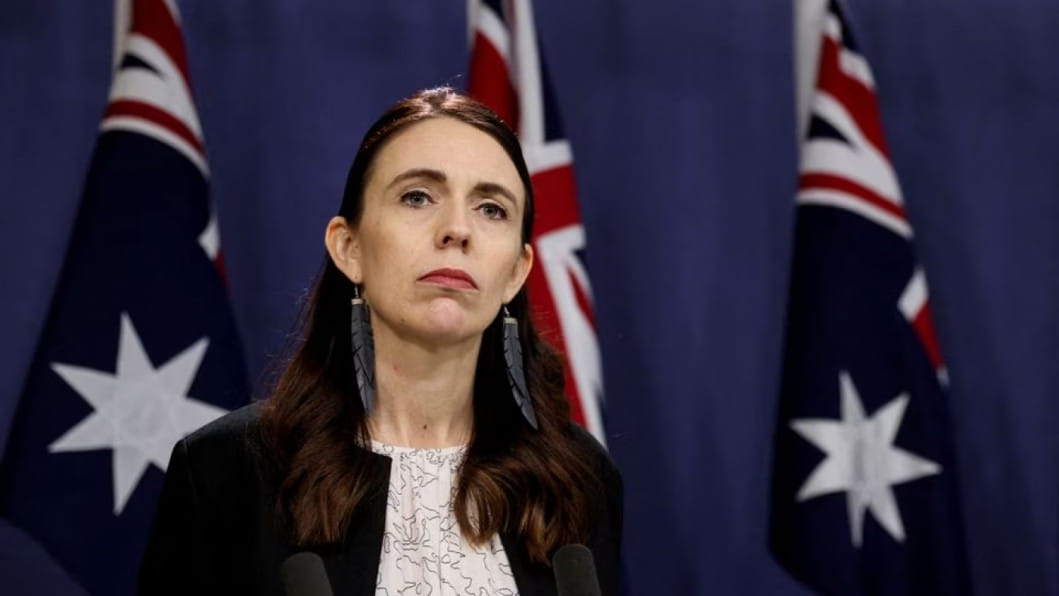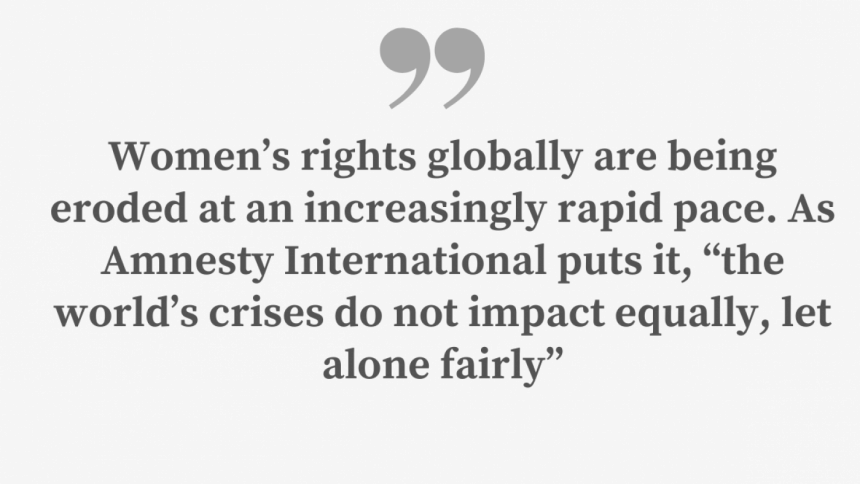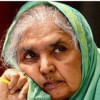Jacinda Ardern's resignation and the state of global misogyny today

New Zealand's PM Jacinda Ardern last week resigned from her post, conceding she didn't have 'enough in the tank' to continue. The BBC covered this news with an absurdly sexist headline, questioning whether women can have it all. It has since apologised, but articles about women's burnout rates and working mum guilt continue to proliferate. The gendered response to the resignation is the latest reminder of the tough ride ahead for women in an increasingly pressured world.
Ardern's resignation should have sparked a critique of other world leaders — mostly men — who disgracefully hang on to power when they are long past having anything to offer, whether it be energy, integrity, new ideas or a commitment to serve their publics. And it should prompt debates on leadership (whether political, corporate or communal) and on how knowing when to step down should be a key attribute.
The initial focus, however, has been on what emptied Ardern's tank in the first place — and misogyny is high on that list (along with the pandemic, the 2019 Christchurch terrorist attack, and the churn of domestic politics). While she announced her resignation, her detractors celebrated with posters reading 'ding dong the witch is dead'. She has spent much of her prime ministership calling out reporters for sexist questions, and fending off abuse that focused on her appearance, including violent language directed at her body. In addition to death threats, she has had to endure a barrage of verbal and online threats, most of them sexualised, and many also targeted at her young daughter.

Coincidentally, the same day that Ardern announced her resignation, my social media feeds were inundated with bizarre videos of Afghan shopkeepers who have been forced to cover up the faces of female mannequins in Kabul's storefronts. Men can be seen wrapping the faces with aluminium foil, covering them with veils, or turning wigs around so that facial features are obscured behind synthetic hair. The videos seem like a surreal art installation — until their horrifying implications for the lives of Afghan women become clear: the Taliban are not just trying to control women, they are trying to erase them.
Women's rights globally are being eroded.
Afghan women are bearing the worst excesses of global misogyny. They cannot attend school or university, they cannot independently seek healthcare, they cannot work for NGOs, play sports, or appear on TV. Amnesty International has described their plight as "death in slow motion". It is unacceptable that half a population of a country should be treated this way.
Sadly, while the Afghan Taliban's treatment of women is the id — the most extreme, uncensored manifestation — of misogyny in today's world, Afghan women are on a spectrum with their counterparts in Tehran, where Mahsa Amini's defenders have been detained or killed in the hundreds; West African countries that have among the highest maternal mortality rates; conflict zones ranging from central Africa to the Middle East where rape is a common war tactic; American states where abortion is banned; and New Zealand, where a female PM's ruling challenge has been further complicated by sexism.
Women's rights globally are being eroded at an increasingly rapid pace. As Amnesty International puts it, "the world's crises do not impact equally, let alone fairly". It is well-known that most of the recent or current major crises have had a disproportionately negative effect on women: they suffered more, and longer Covid, during the pandemic, even while serving as critical caregivers; they are the most vulnerable victims of climate change-related disasters; they lose their jobs first when economic recessions loom. Conflict, the weakening of democratic systems, inflation, collapsing ecosystems; name any issue today, and women are significantly worse off as a result.
We should stop dressing this reality up as the expression of cultural norms or religious values and name it for what it is. In an increasingly pressured, resource-scarce world, the attack on women's rights is an attack against the most vulnerable, in a brutal, selfish race for survival. And these attacks will increase as women mobilise to defend their rights and security, sparking backlashes (witness Iran) and a vicious cycle that is likely to lead to further recessions in women's rights.
Ironically, a more inclusive approach would serve the interests of all. Women's labour force participation drives economic growth; women practise more sustainable agriculture; when they have money, they spend it on their children's education. Pakistan — the second-worst country in the world for gender parity according to the World Economic Forum — should prioritise women's uplift. Their success would help mitigate the consequences of other crises we must endure in the coming decades.
This article was first published in Dawn, an Asia News Network partner of The Daily Star.
Huma Yusuf is a political and integrity risk analyst. Her twitter handle is @humayusuf.

 For all latest news, follow The Daily Star's Google News channel.
For all latest news, follow The Daily Star's Google News channel. 










Comments